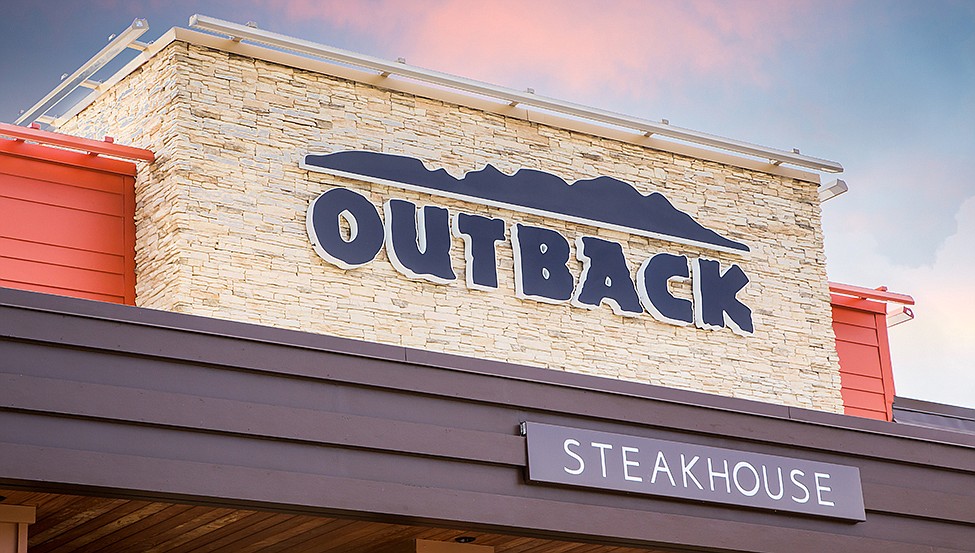- December 15, 2025
-
-
Loading

Loading

Chris Sullivan, a co-founder and former CEO of some of the most prominent global restaurant brands of the last 30 years — Outback Steakhouse and Carrabba’s Italian Grill among them — chuckles at the question: What are some of the biggest mistakes you have made in your career you turned into lessons learned?
“How much time do you have?” Sullivan, 73, quips back in a recent Zoom interview.